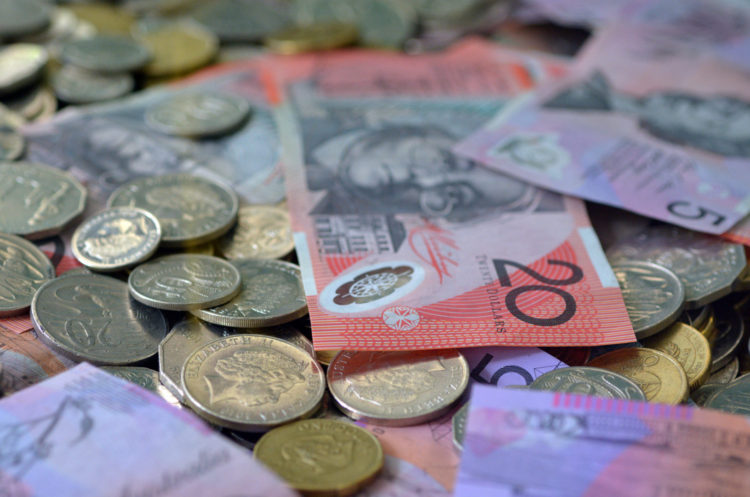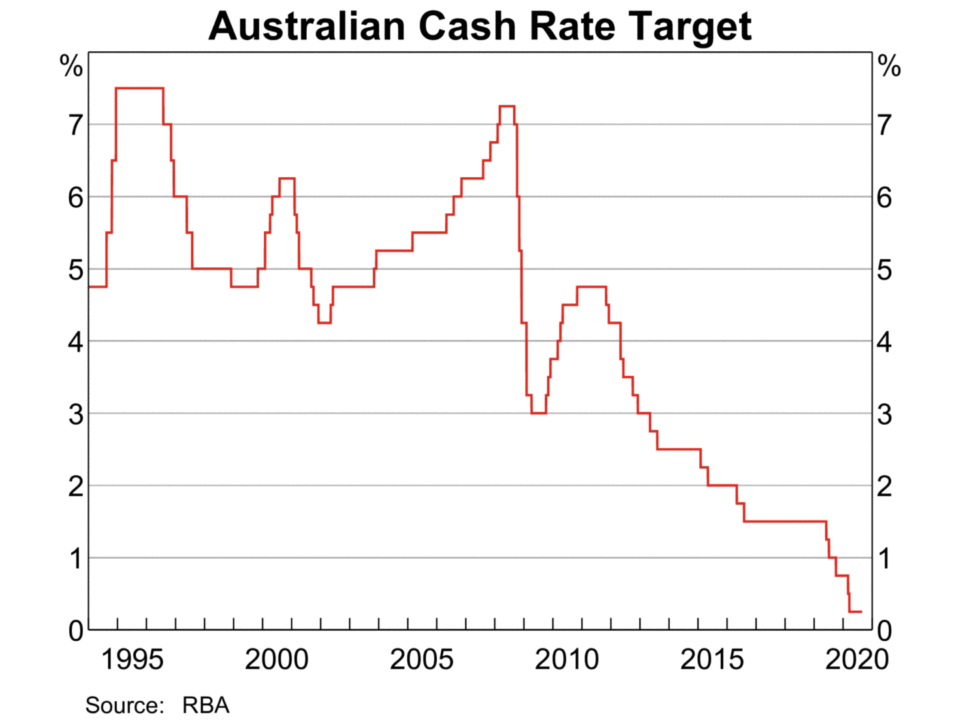
RBA November board has met on Melbourne Cup day. Tuesday the 3rd of November 2020 for their cash rate decision. The RBA board decided to reduce the cash rate to a historical low of 0.10 points. The board also has set a 3-year cash rate and yield target of 10 basis points. Representing a record low RBA cash rate.
RBA on the Australian Economy
The local economy is experiencing huge challenges with domestic GDP growth as they come to terms with the coronavirus. With the borders closed to international travel and students, economic growth has been lumpy. Victoria, the second-largest economy in the country has come out of lockdown in recent weeks, which will help drive the Q4 GDP.
The RBA November meeting expects a GDP growth of 6% over the 2021 year and 4% growth in 2022. The unemployment rate is expected to still peak at 8%, down from previous expectations of 10%, with a normalised 6% unemployment rate by 2022.
Growth in Housing Market
Conditions in Sydney continue to be resilient. The recent Melbourne lockdown has buyers with a watch and sees mentality with minimal stock transactions. Recent clearance rates is showing a demand for property – though stock available is at 20-year lows.
Regional towns and cities are experiencing a demand for quality stock, in particular from sea change homeowners (citing the need for a lifestyle change).
The growth in housing credit has been driven by refinancing, with some demand for owner-occupiers within the FHB segment. The demand for credit to investors has continued to soften.
Since the last interest rate cut, we witnessed lenders pass on between 18 to 25 pts in a rate cut saving. Important to note this reduced the cost of variable loans. Customers on fixed loans will not experience the interest rate savings.
The lenders have since repriced new fixed-rate loans with record lows interest rates, to be in line with the RBA November 3 year bond goal of 0.10% to lenders. Reducing the short term cost of funding. You can read more about the refinancing process or the process of purchasing a new property.
Lower mortgage rates will boost the aggregate household disposable income, which should feed into household spending and the saving rate. This has been seen in the growth in household savings, as Australians are paying down debt and saving in light of the recession. The RBA would like to see a lift in consumption, to support inflation growth.
The economy is being supported by the substantial, coordinated and unprecedented Under the program to purchase longer-dated bonds, the Bank will buy bonds issued by the Australian Government and by the states and territories, with an expected 80/20 split.
RBA November meeting on inflation
The inflation across the country is has softened, especially as household demand has fallen away. With the coronavirus, target inflation expected to remain under 2% in 2020 and 2021, and range between 1 and 1.5%
The RBA November board meeting made the decision to cut the cash rate to 10 points.
If you would like to read more from the RBA decision, click here. To read about last month’s decision, click here.
Jeremy Harper is the director of hfinance. hfinance is a mortgage brokering business, to speak with a Sydney Mortgage Broker, Gold Coast Mortgage Broker or an Australian expat mortgage broker. Contact by calling us on 1300 928 227 or email info@hfinance.com.au







